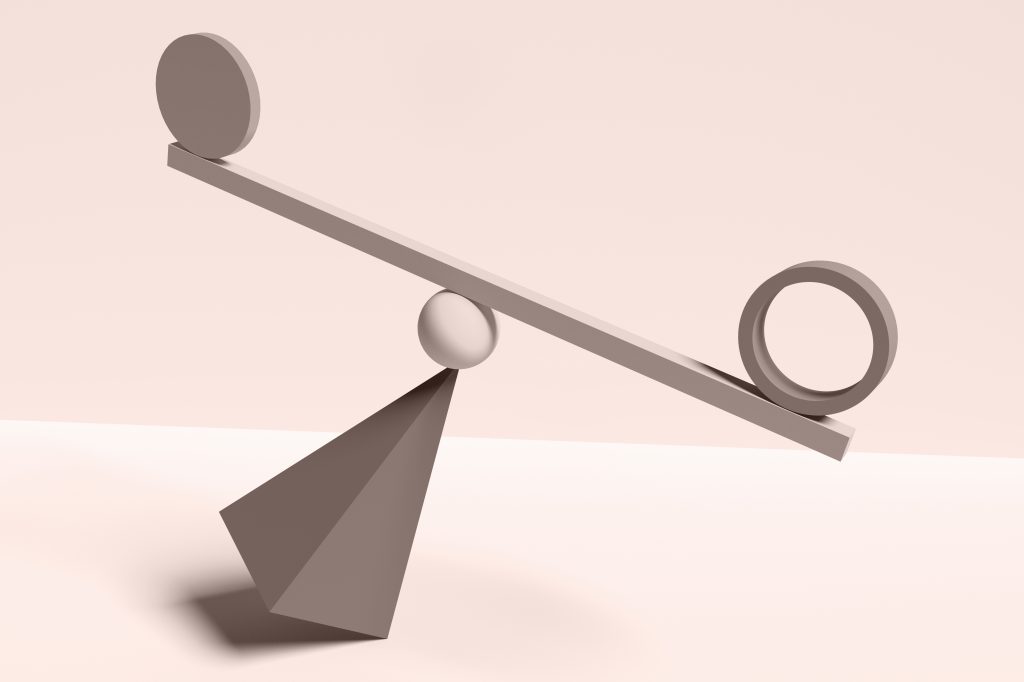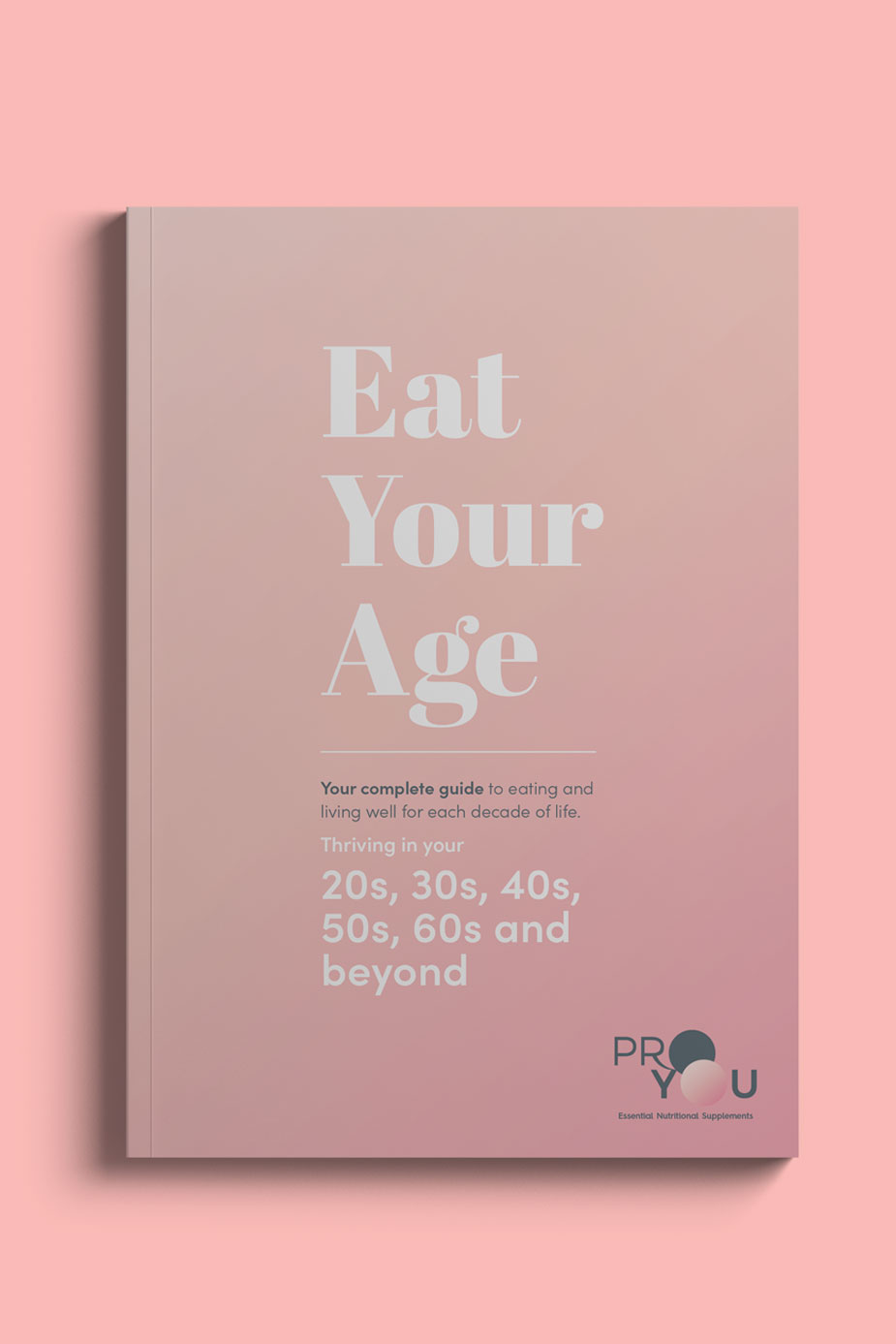They say your 30s are the new 20s!
This is thanks to the general acceptance that in your 30s you are more likely settled within yourself and where you are in life compared to when you were 20. You might have started to develop your career, a relationship or even a family. However, you also may notice your body is not as forgiving as it once was – skipping workouts, meals and sleep all seems to tragically, take its toll a bit more.

Nowadays, more and more women are choosing (if at all) to start a family later, so we have placed pregnancy and post-pregnancy factors under the 30s post – however, if you are before or after this, that’s cool! No hard and fast rules around here.
You may feel a little “off” if you’ve recently come off hormonal contraception. Or in other words, your hormones may be off! Common hormone situations for women in their 30s are estrogen excess and progesterone insufficiency (2) – you may have heard this as Estrogen Dominance.
While estragon is a necessary hormone that plays a major role in fertility, a happy menstrual cycle, bone health, cardiovascular disease, Alzheimer’s disease and, Parkinson’s disease (6) – too much, or an imbalance can create havoc.
Balancing out estrogen and progesterone levels can make a world of difference to your mood and wellbeing – it can lead to better sleep, mood and alter the distribution of weight gain (midsection and upper thighs).
A few tricks to clearing excess estrogen:
- Lighten the load on your liver. If your liver is working at capacity due to caffeine, alcohol, processed foods intake then ease back a bit. Your liver needs room in its calendar to clear the estrogen instead.
- Your liver also needs nutrients so it can produce its detoxifying enzymes – give it a boost by including foods rich in zinc, vitamins B6, B12 and A in your diet.
- Give your gut a helping hand to clear the excess estrogen by increasing your dietary fibre. Eating a range of vegetables and fruits is a great way to get your fibre in (with bonuses of antioxidants!).
- Include brassica vegetables in your diet, these contain clever compounds that help break down excess estrogen and provide antioxidant protection (7, 8).
Support adequate progesterone levels by:
- Clearing excess estrogen, your progesterone levels will be leveled out too! One stone, two birds!
- Managing stress may be easier said than done – but finding tricks to unwind will serve you in the long run. Increased levels of cortisol brings down progesterone – so manage your stress in both forms – mental and physical. While exercise feels wonderful and releases addictive endorphins – your body perceives it as a form of stress! Lay off the high-intensity workouts and opt for pilates, yoga, walking and forms of resistance training. Adequate sleep can also bring your cortisol levels down. Supplementing with an adaptogen like ashwagandha can also give you a calming boost.
Estrogen and Progesterone Summary:

High estrogen: Heavy/irregular periods, breast tenderness, issues controlling weight Low estrogen: Over-exercising, under-eating, perimenopause, menopause Low progesterone: Spotting, Mood swings, Headaches, Depressed mood.
Exercise wise:
It’s normal to have mixed feelings about exercising in your 30s. For some, it may not feel as easy as when you were 20. For others, you may feel like you’re in the best condition of life!
Admittedly, weight is harder to shift than before and your body isn’t quite as forgiving for (fun yet naughty) overindulgences.
Weight training can help hold on to and build definition (weight training is the secret to staying toned, not cardio!). Thankfully, it doesn’t have to be grueling or complicated – 3 x per week of simple but challenging weights (by 10 reps you are struggling) is all you need.
Fill in the gaps by doing things you fancy – cardio, circuit classes and even lower intensity options like yoga and pilates are great. If you build a routine you relish – you’ll stay consistent and see the results you’re after!
If you have started to have a family, always get advice post-pregnancy before you kick back into exercise again.
Download ‘Eat Your Age’ – Your complete guide to eating and living well for each decade of life.








